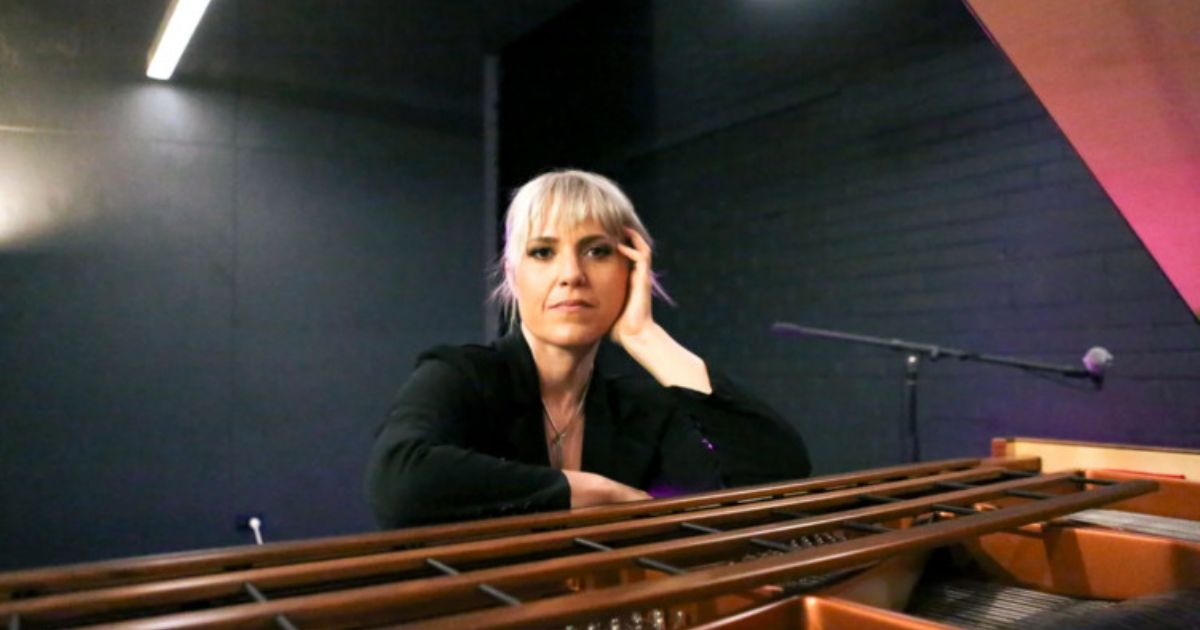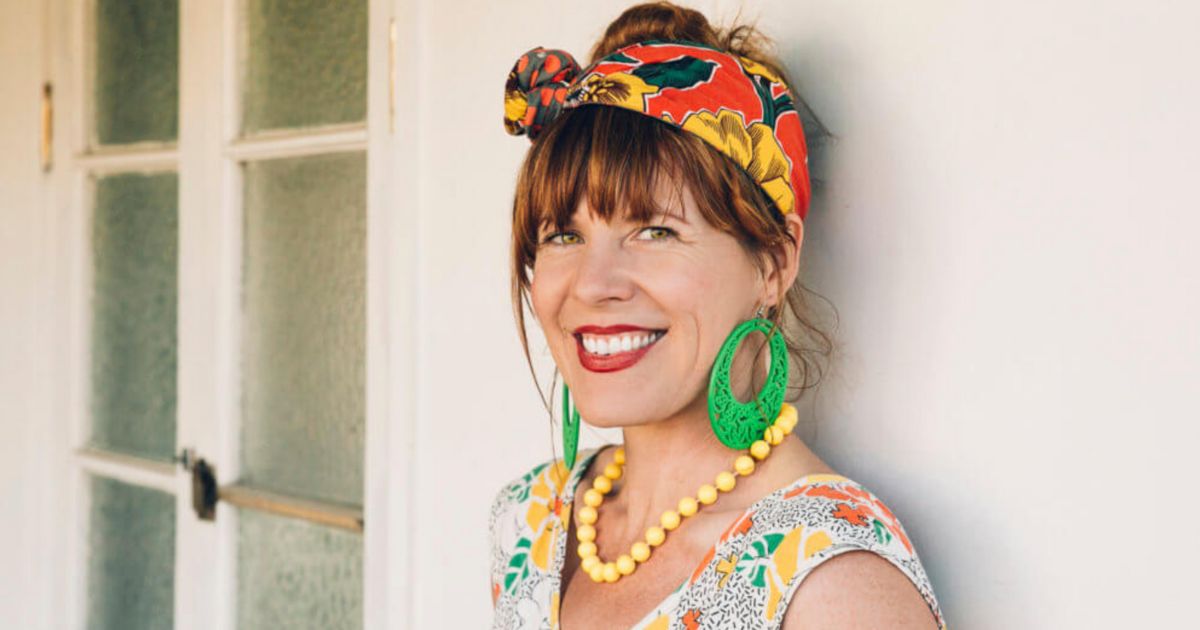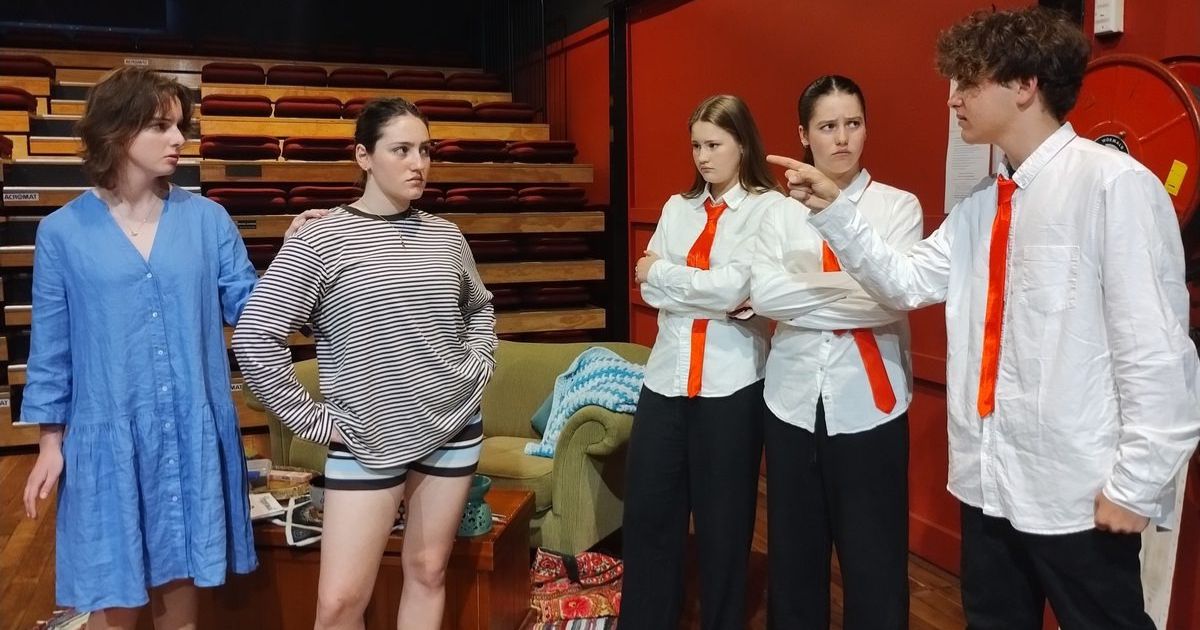Will Studd’s taste of place

Master of Cheese Will Studd has a new series on SBS - Cheese: Searching for a Taste of Place. Photo: SUPPLIED
MASTER of Cheese Will Studd, one of the few to achieve the Academy of Cheese’s highest certification, shares his enduring passion in the new SBS series, Cheese: Searching for a Taste of Place, premiering this month.
For 20 years, the Byron-based television producer directed Cheese Slices, a groundbreaking docuseries exploring cheesemaking around the globe and the stories behind the artisans who made it. His latest series continues that tradition, focusing not on cooking but on the history, people and landscapes that shape the world’s great cheeses.

Pandemic lockdowns derailed initial pre-production, and Studd came close to giving up.
Fortunately for viewers and cheese lovers, he persevered, delivering nuanced and sophisticated storytelling that blends epicurean adventure, science and sociology.
Artisan cheesemakers are a special breed, Studd said.
“They’re not rich. It’s about people who care and are passionate; funnily enough, they are counterculture,” he said.

Artisan and raw milk cheese makers have always faced regulatory challenges, trade barriers, and the economics of maintaining a specialist herd.
The 1990s saw global free trade agreements, and at the same time, the EU announced intellectual property rights for cheese names and other products, which set in motion a backlash from the US, Australia, and New Zealand.
“It’s controversial, but in the Greek episode, we go into detail about how feta is matured in wooden barrels, which have a fundamental link to place because they’re birch and contain microbes that create the flavour.

“The soil, the climate, the animals, the breed, and the local flora all combine to give a taste of place, and without those factors, a name is just a name,” he said.
The Australian industry’s limitations are a long-held frustration.
“We’re not allowed to make raw milk cheese, and makers are obliged under the law to pasteurise, and then add back in European starters,” he said.
“In France, there are more speciality cheese shops than McDonald’s, and in those 3000 shops, around 80 per cent of the stock is raw milk cheese.

“In one dairy in France, the cheese is only made during late spring and early summer, when fields are at their greenest.
“They’re milked in the paddocks or fields or on the mountainsides, and the fresh milk is carried in wooden barrels called giles. The cheese is made while the milk is still warm.
“Here, it’s like giving an artist a minimal number of colours and expecting a masterpiece,” he said.

Studd knows his stuff. His 1999 book Chalk and Cheese won the World’s Best Cheese Book award at the Gourmand Awards in Paris.
Artisan cheesemakers seem either incredibly passionate or a little mad. Studd thinks it’s a bit of both.
Cheese: Searching for a Taste of Place is streaming now at SBS On Demand.


















